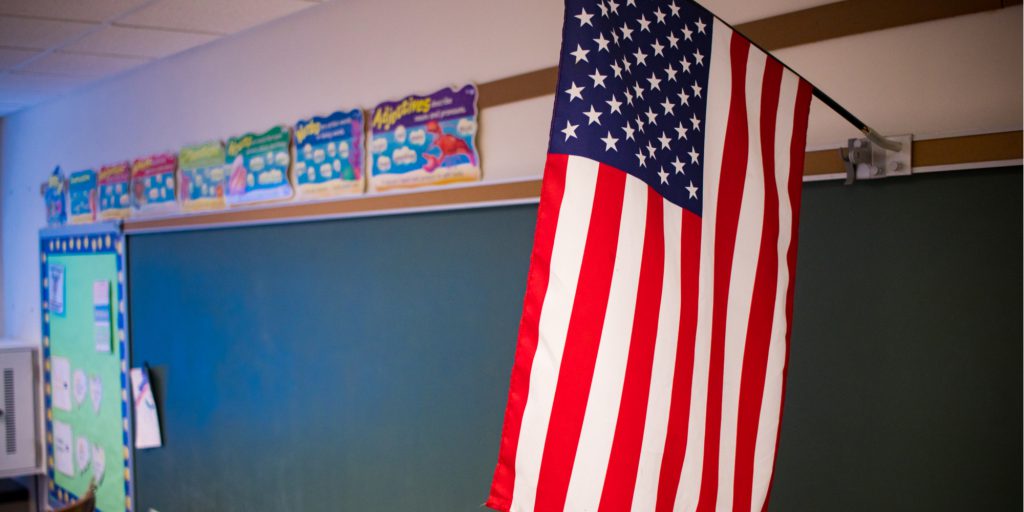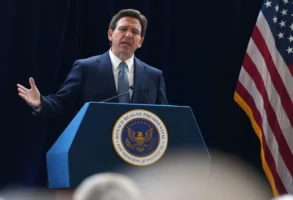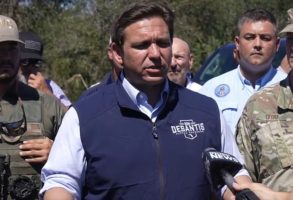
Published March 22, 2021
The National Association of Scholars (NAS) has announced the formation of a coalition to promote authentic civic education. The new NAS Civics Alliance will oppose attempts to replace proper courses in American government with politicized “action civics.” Most conservatives still haven’t even heard of action civics, where K-12 and college students are required to protest and lobby for (invariably leftist) political causes for course credit. At a moment when the public and legislators are eager to restore long-neglected civic education, radicals are attempting to smuggle partisan leftist activism into K-12 education under the misleading label of “civics.” The new NAS Civics Alliance aims to block these moves and restore genuine civic education instead.
The NAS Civics Alliance announced its formation with an introductory essay from NAS President Peter Wood, an Open Letter and Curriculum Statement signed by members of the alliance, and a page where anyone can sign the Open Letter and join the alliance.
The Open Letter warns against the rise of action civics in states like Massachusetts and Illinois, and new attempts to nationalize the practice. The Civics Curriculum Statement lays out a range of positive alternatives, while being careful not to endorse any specific program. The NAS Alliance, for example, makes no attempt to force a single solution on the complex question of precisely how to balance state-level mandates with local school-district control. On the other hand, the NAS Civics Alliance clearly endorses the Partisanship Out of Civics Act (which I authored) as a model for legislation which would ban action civics at the state level. Opposition to the politicization of civic education is the alliance’s unifying theme.
You can see the initial members of the NAS Civics Alliance by scanning the names at the bottom of the Open Letter and Curriculum Statement. I will note a few of the signatories (of which I am one).
A number of signatories are leaders of, or residents at, nationally influential think tanks, such as Katherine Gorka of the Heritage Foundation; Sam Karnick of the Heartland Institute; Terry Stoops of the John Locke Foundation; and Ryan Williams, president of the Claremont Institute. Other signatories lead or are situated at think tanks with national profiles but a particular focus on state-level education issues, such as Jamie Gass of Boston’s Pioneer Institute (which led the battle against action civics in Massachusetts); John Hinderaker, president of Minnesota’s Center for the American Experiment; Tom Lindsay of the Texas Public Policy Foundation and one of the foremost critics of action civics; and Jenna Robinson, president of North Carolina’s Martin Center.
A number of signatories have expertise in education policy at the national and states levels, such as Mark Bauerlein of First Things, a prolific commentator on all aspects of education; John Fonte of the Hudson Institute, with decades of expertise on standards for teaching history and civics; George Leef of the Martin Center, familiar to Corner readers for his work on higher education; Arthur Milikh, director of Claremont’s new Center for the American Way of Life and a leading critic of higher education; Joy Pullman, executive editor of The Federalist and a particularly knowledgeable critic of Common Core; Christopher Rufo, director of the Center on Wealth and Poverty and perhaps the leading journalistic adversary of Critical Race Theory; Sandra Stotsky, who created the superb Massachusetts Social Studies Standards later gutted by advocates of action civics in that state; and Robert Woodson, president of the Woodson Center and leader of 1776 Unites, along with the NAS, the leading group pushing back against the 1619 Project.
Some signatories are scholars or administrators, such as Mary Grabar, who has published a powerful critique of Howard Zinn; Brown University’s Glenn Loury, a well-known public intellectual whose regular dialogues with John McWhorter and other scholars are well worth your time; Wilfred McClay, whose magisterial book, Land of Hope, provides a genuine alternative to boring and left-biased American history textbooks; Robert Paquette, historian of slavery and president of the Alexander Hamilton Institute for the Study of Western Civilization; Pete Peterson, dean of Pepperdine’s School of Public Policy, one of the rare academic institutions that takes a commitment to intellectual diversity seriously; and Hillsdale’s Paul Rahe, a superb scholar of the Western tradition.
Members of the NAS Civics Alliance also include noted editors and publishers at national publications, like Roger Kimball of The New Criterion and Chris Buskirk of American Greatness.
Theodor Rebarber, well-regarded education policy expert and CEO of the new nonprofit, American Achievement Testing (AAT), is a signatory of particular interest since AAT is creating a U.S. history curriculum around McClay’s Land of Hope, and will likely follow up with a curriculum in American government, both of which would provide positive alternatives to the troubling turn taken by some of the latest versions of civic education.
Sue Peterson, a member of the South Dakota House of Representatives and a pioneer in efforts to bring intellectual diversity to America’s college campuses, is yet another signatory, with luck the first of other state legislators to join the coalition.
Eunie Smith, Phyllis Schlafly’s long-time colleague and Schlafly’s successor as head of Eagle Forum, is another signatory of note. Education has long been a top priority for Eagle Forum, which has grassroots chapters active on the issue in a great many states.
The NAS Civics Alliance, unfortunately, has more than enough battles to wade into. A profoundly misguided effort to nationalize action civics is well underway. Two federal bills that would channel well over a billion dollars to action civics and critical race theory have just been introduced. Battles are just now breaking out at the state level as well. (I’ll be writing about those shortly.) Radicals have been building the movement to replace authentic civic education with leftist political protests for decades. Conservatives and moderate liberals are only just now catching on, and the hour is late.
With the formation of the NAS Civics Alliance, however, much-needed pushback against action civics has well and truly begun. Explore the links and see if you’d like to join.
Stanley Kurtz is a senior fellow at the Ethics and Public Policy Center.





